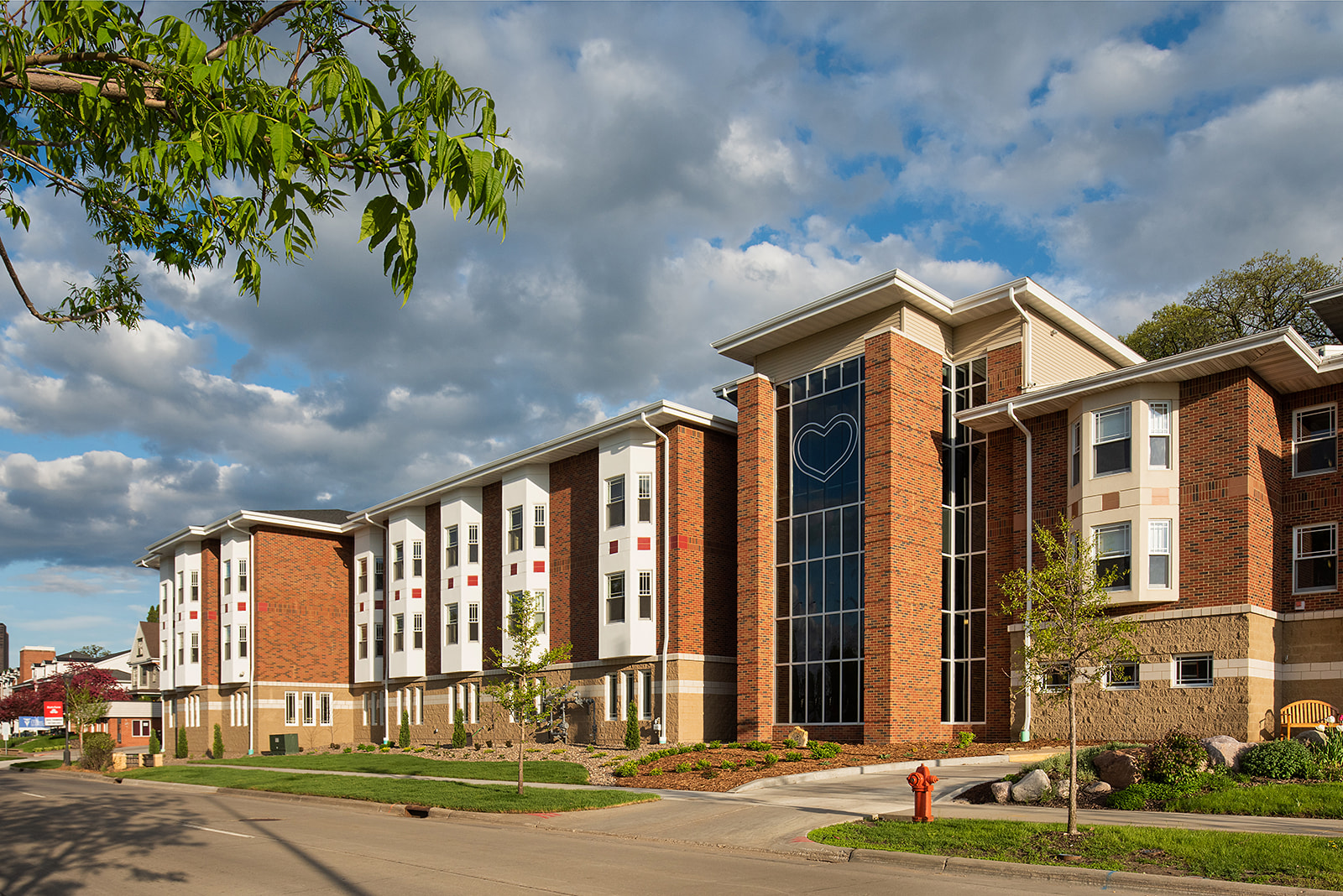
The picture above is the Ronald Mcdonald House of Rochester, Minnesota which provides a home away from home and offers support to families seeking medical care for their children.
Bible:
Prelude:
In the morning, the staff chaplains gave lectures on different topics.
We did not just wait for patients and their families to request a visit.
In the afternoon, we visited the patient's room and asked, "How are you feeling?" The chaplain was allowed to see the patient's chart, so we knew their diagnosis in advance. As a medical professional, this was very helpful to me. The following story took place 23 years ago in a foreign country. Therefore, I can share some examples with you. I am sure the people involved will agree with me.
One day there was a young man with AIDS. I knocked and heard a voice say, "Come in." So I entered the room and introduced myself. He said immediately, "Ah! You are the chaplain. By the way, I'm doing very well, so please step in." He was smiling, but I could strongly sense that he was annoyed.
"I see. Have a nice day!” I greeted him quickly and left the room. I felt that I must have made him feel very uncomfortable. I was ashamed of myself and broke out in a cold sweat.
I visited the room of a gentleman who had been awaiting surgery for lung cancer. He said, "Chaplain, thank you for visiting me. But I can't talk now because I have a hard time breathing. Please come back another time."
As a chaplain, I was not always welcomed by patients.
I was frustrated that I might bother them when I visited. I was somehow selling kindness.
If we were to help patients when they needed us, we very often had no chance except by calling while we were on duty. However, we had to submit daily reports on our interactions with patients.
We presented our reports to the group and learned from the feedback and suggestions of our colleagues and the supervisor. My colleagues also had many of the same problems as I did.
During one of my night shifts, a surgeon called me late at night with a request.
"The patient is a 43-year-old man. We had a successful operation for stomach cancer (malignant stomach cancer called scirrhous type), but after the operation, he started bleeding and it did not stop in the ICU. He has no hope for recovery. So we need your help to be with his wife and his two sons."
I immediately went to the waiting room where the family was. His wife said, "I don't understand why he is bleeding now, even though the surgery was a success. Could there have been some mistake during the surgery?" She was in a state of panic.
Her two teenage sons were also stiff and looked nervous. I knew all of his family members were Catholics, so I tried to help her calm down. "Would you like to pray with me in the chapel?" I had a beeper, a calling device for on-call, so we went to the chapel and we both prayed for his recovery. But within 10 minutes, there was a call.
I guessed that he had probably passed away, so we rushed back to the room.
As a doctor, I had experience in Brazil in taking care of terminal cancer patients, but at that time, we had time to get to know each other before they passed away.
However, this was our first meeting, and I was at a loss as to how I could comfort them under such severe and urgent circumstances. I had anticipated this time to come based on the information I had received from the doctors, but I was still so frustrated. The man’s wife could not accept her husband’s death.
She did not want to see her deceased husband, so she sat stunned in the waiting room with their sons.
I could not decide whether it was better for them for me to be there, or to give the family time alone, but I offered her coffee and juice for the children. The lady told me, "Thank you for being with us, but it's going to be okay."
So, I left them.
A lady patient with severe diabetes was brought to the hospital by ambulance. She had an infected ulcer on her leg.
I was asked to see her and to make her comfortable in the emergency room. The wound was festering and opened widely. I held her hands and I could only say, " God protects you. It's going to be okay." Unfortunately, she had to have her leg amputated.
I visited a 2-year-old boy. I knew that his diagnosis on his chart was Shaking syndrome.
His mother hesitated to explain what was going on, so I went to the social worker to find out about the situation. There was a suspicion of domestic violence by the stepfather, so I was advised not to get involved any deeper in the matter.
However, the mother called me and said that they had to be discharged from the hospital. “But I am anxious and want to stay here longer,” she said. “ Can you do something about it?”
So I went to the social worker again. She told me that the McDonald's company had a system to rent a room for the child and family free of charge. I accompanied the mother to the office to complete the process. I was surprised that such a system existed in the United States. Nowadays, there are such facilities near hospitals in Japan as well.
When I ask, "What is the most important thing in your life?" Most people would probably answer, "My health is the most important thing in my life. However, the reality is that we, as human beings, are not always able to achieve this. I had been in contact with people with various illnesses in this hospital. As a doctor, I was not in a position to treat them, but rather as a chaplain I listened, empathized, comforted, and encouraged them. However, when I asked myself how much my presence had been a comfort to them, I recognized my powerlessness and immaturity far more often than not.
However, I could move forward without losing hope even when my progress was not enough because I trusted in God who gave me the mission to be close to those who were ill and who supported me. I also had the confidence that my family was always praying for me. At the same time, the advice and encouragement I received from my chaplain and colleagues who were close to me and guided me were important.
After completing the three-month intensive chaplaincy course at the Mayo Clinic, I returned to Japan with my son Tomoyuki to be with my waiting family. (To be continued)
Postlude:
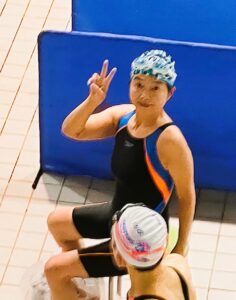



I appreciate all of you for your enthusiastic support.
I give all the glory back to God.




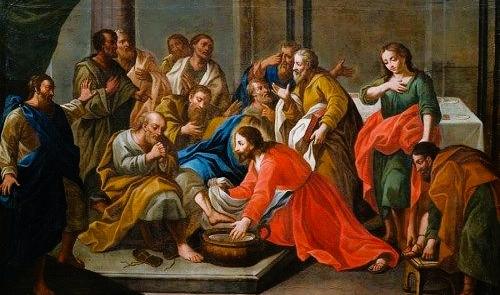

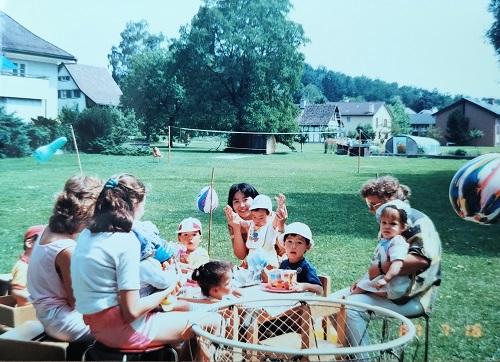
![Bible Study series No.18 from the Gospel of John [Mary's Faith and the "Oil of Nard"]](https://mustardseedchapel.com/wp-content/uploads/2022/01/o0640042014261066847.jpg)


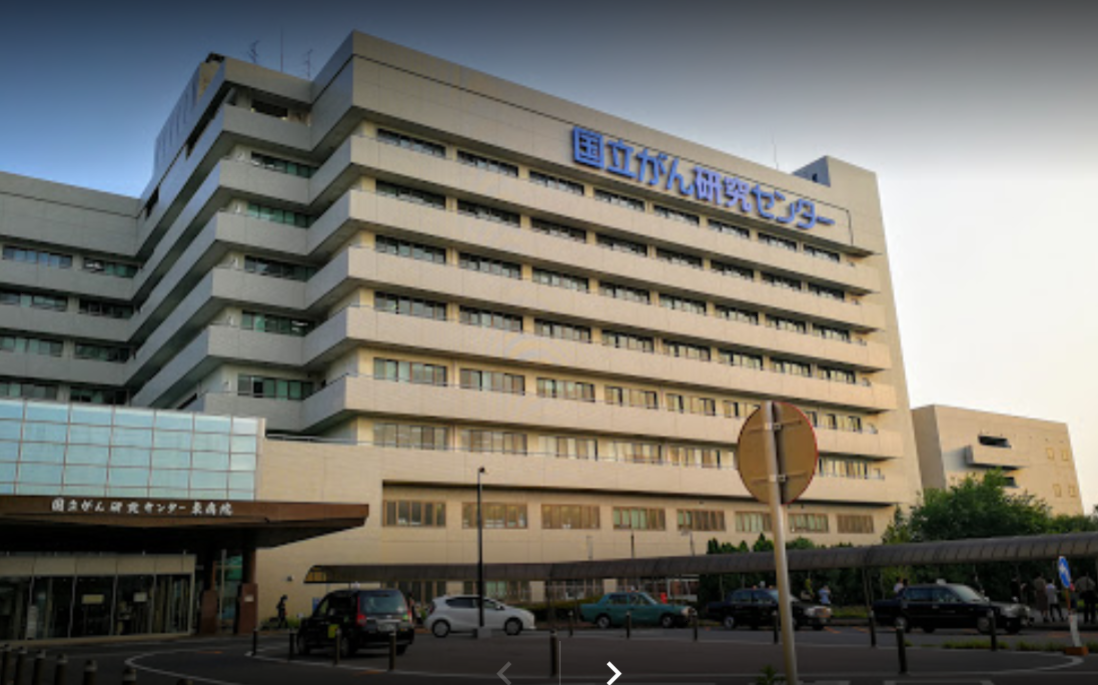


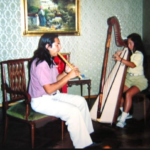



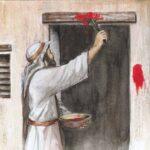
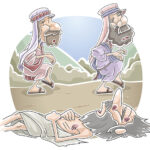



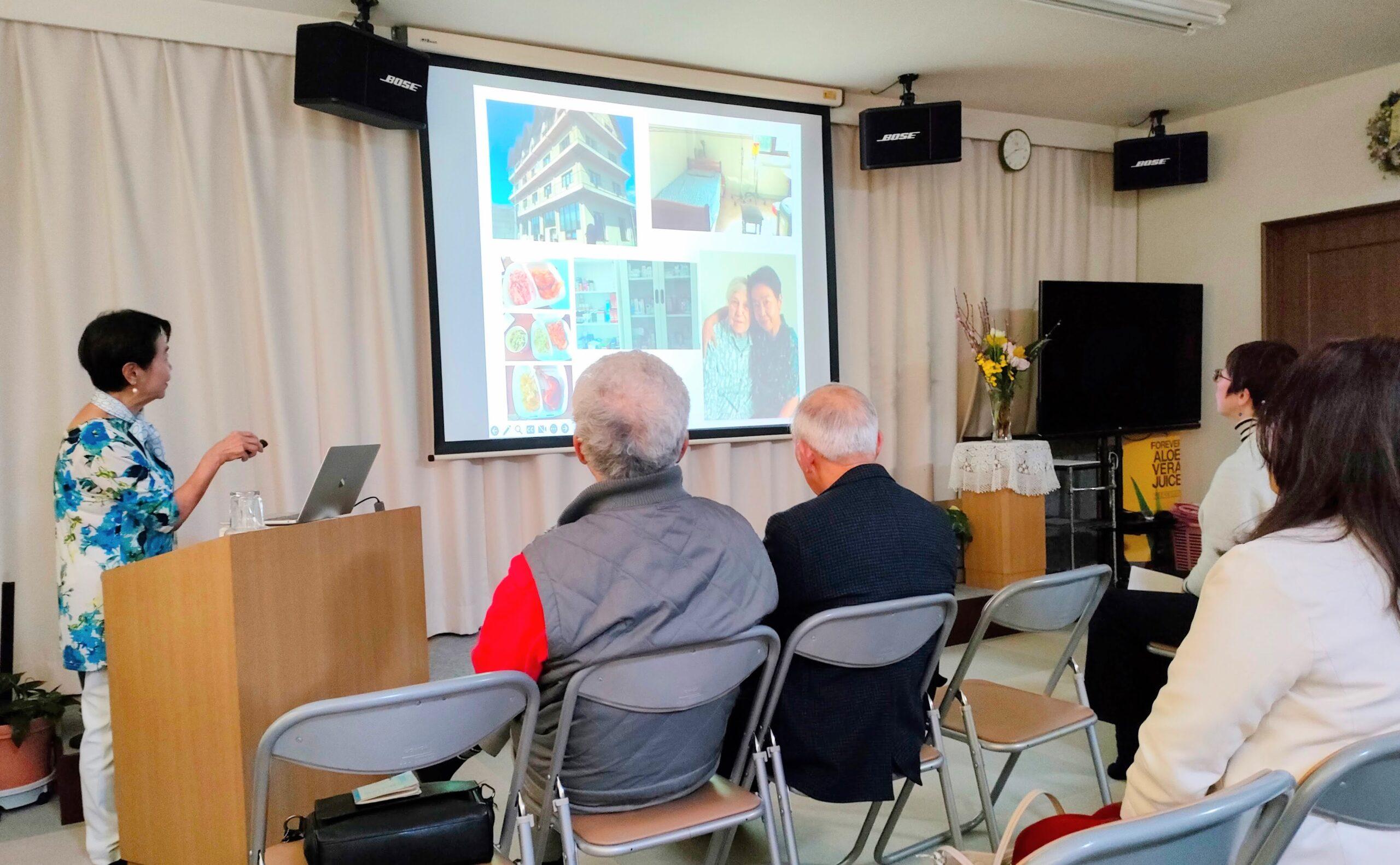
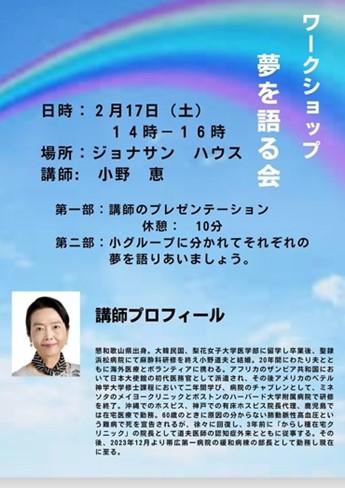
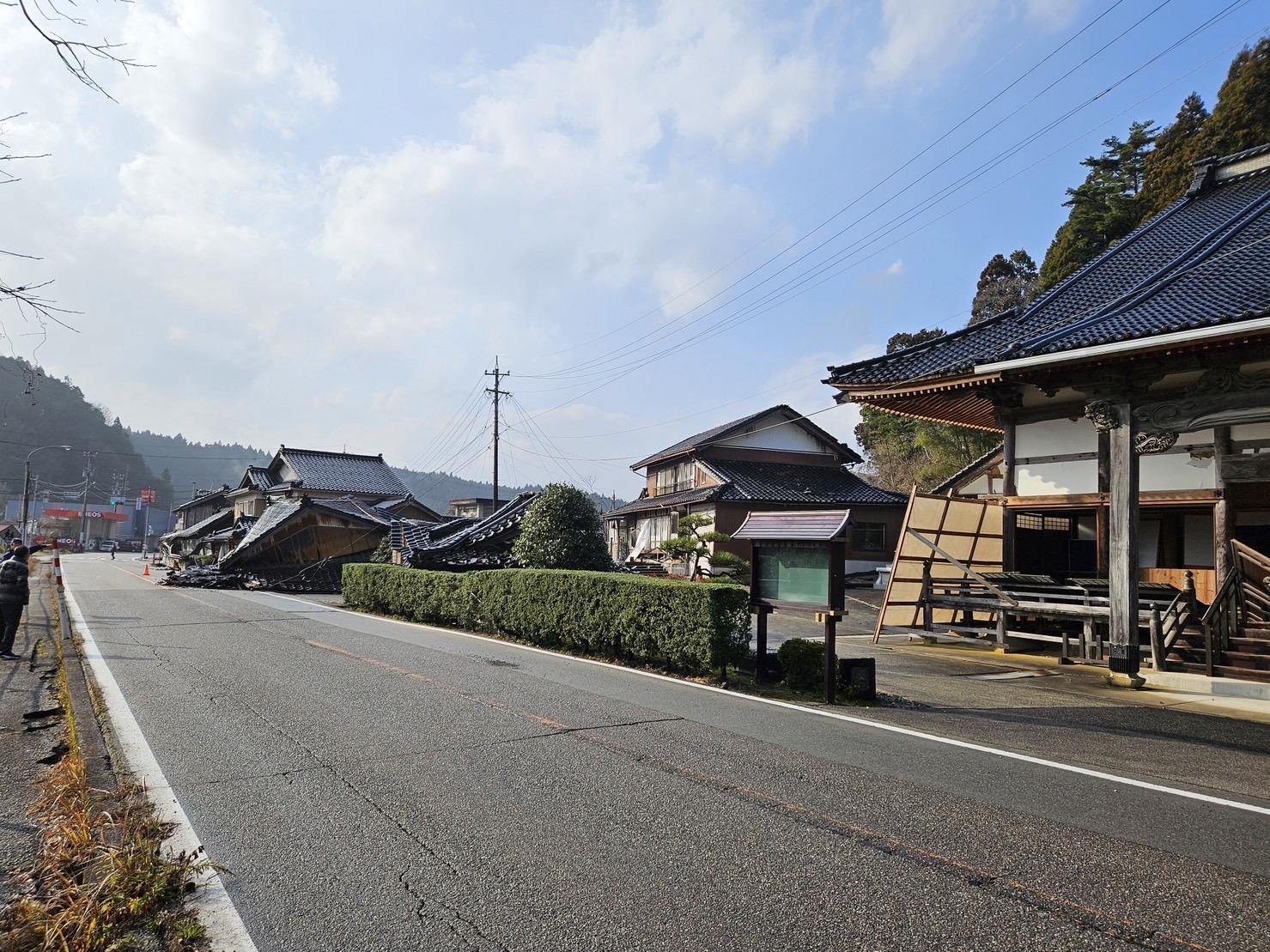
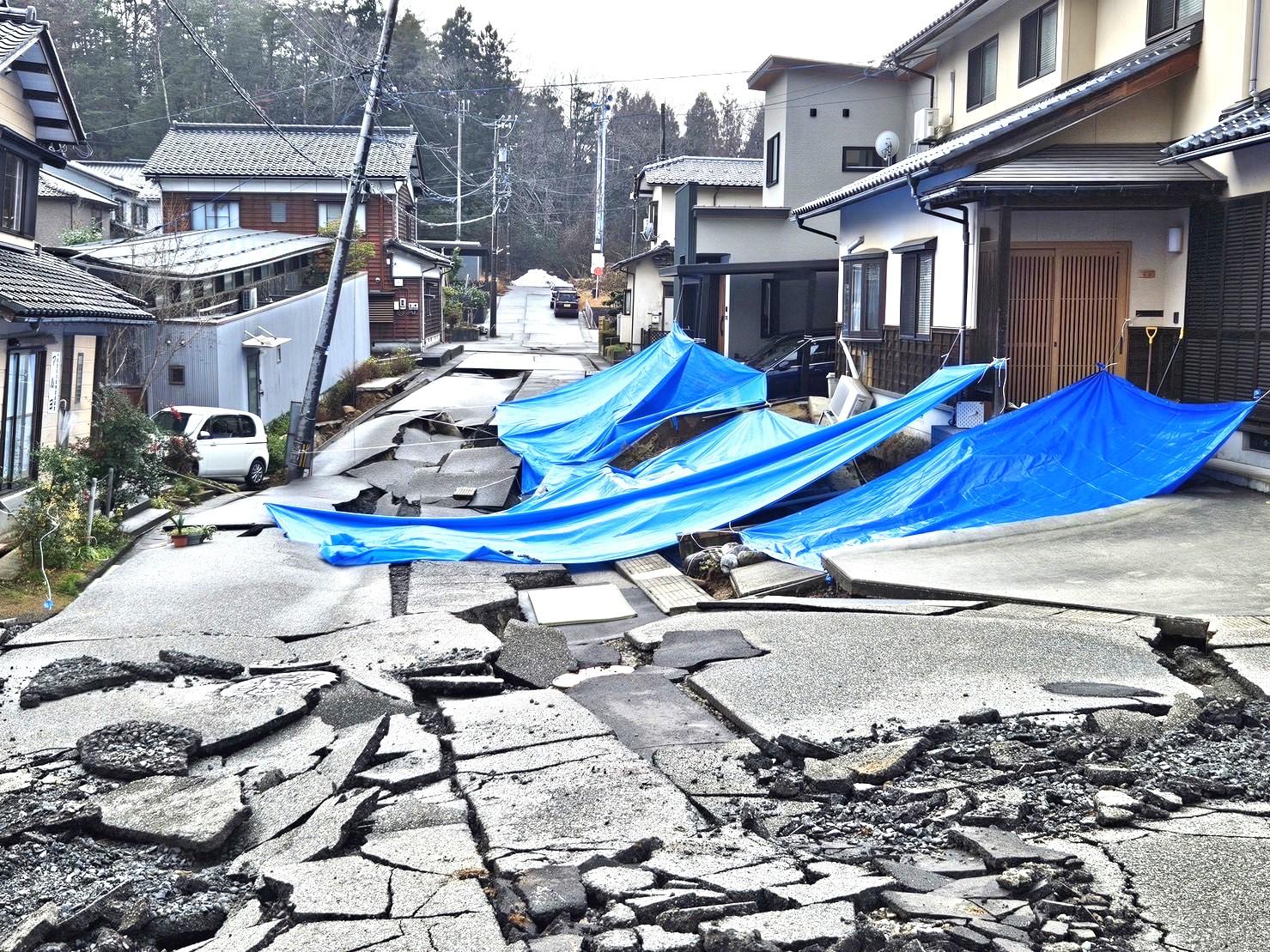
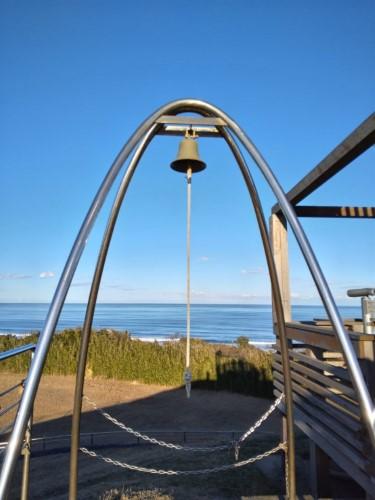




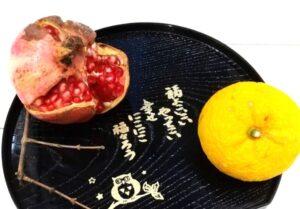

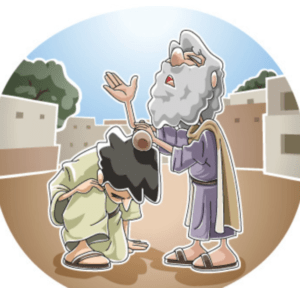

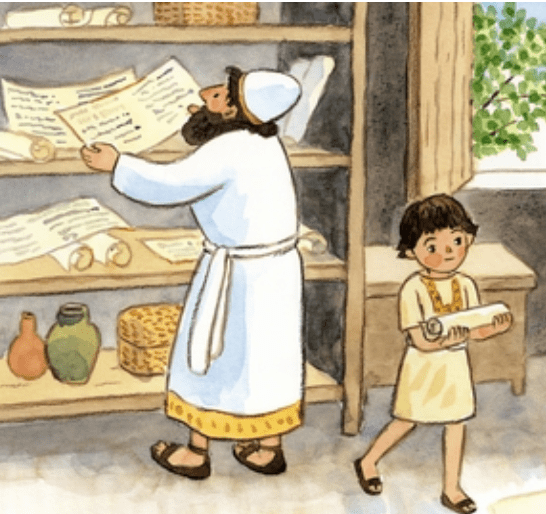
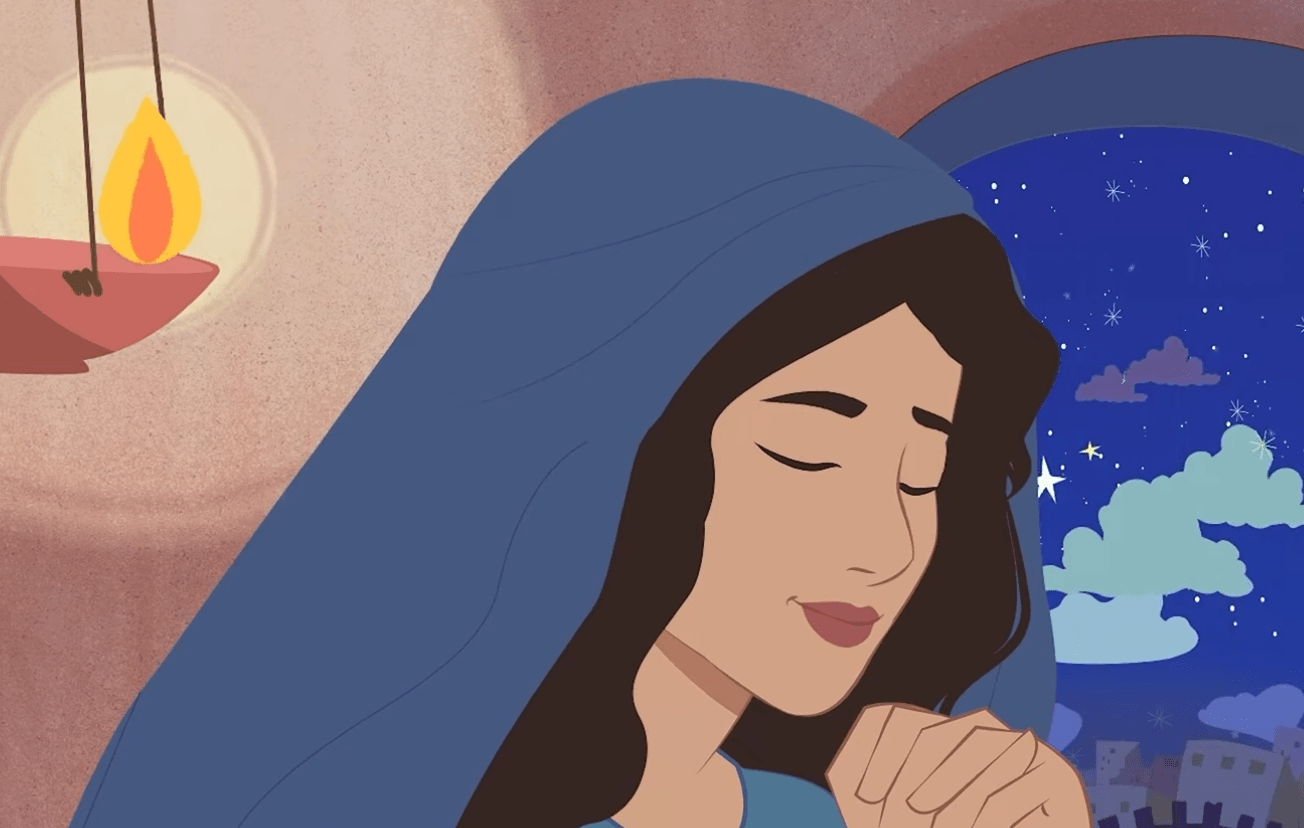
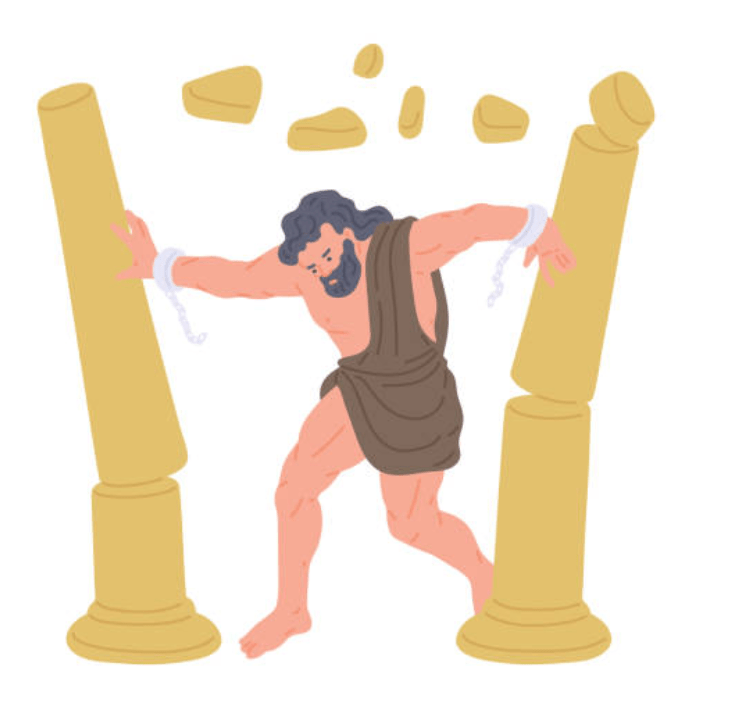

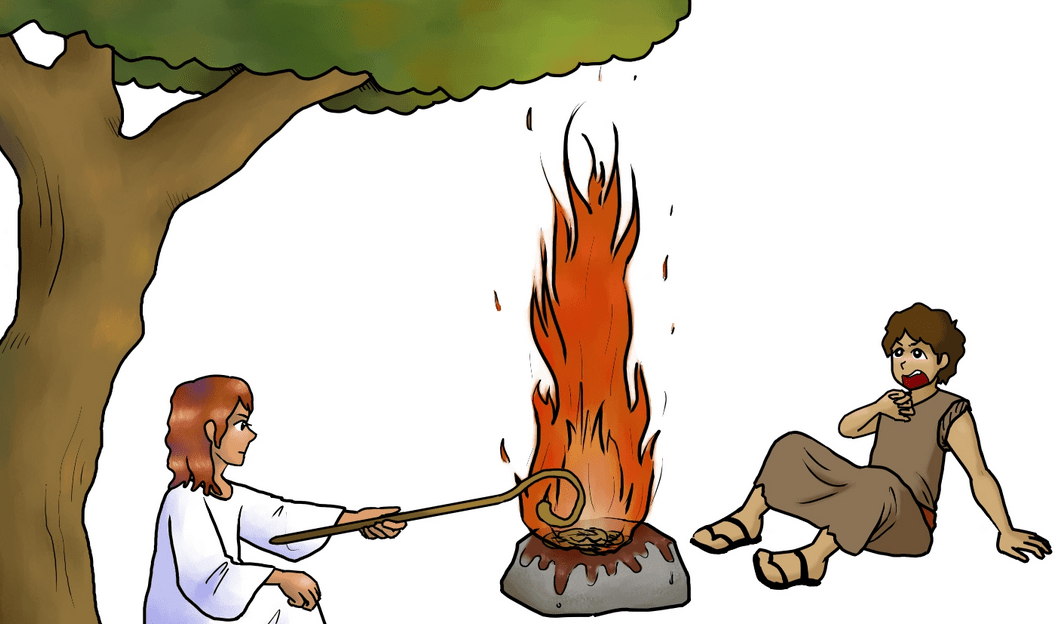
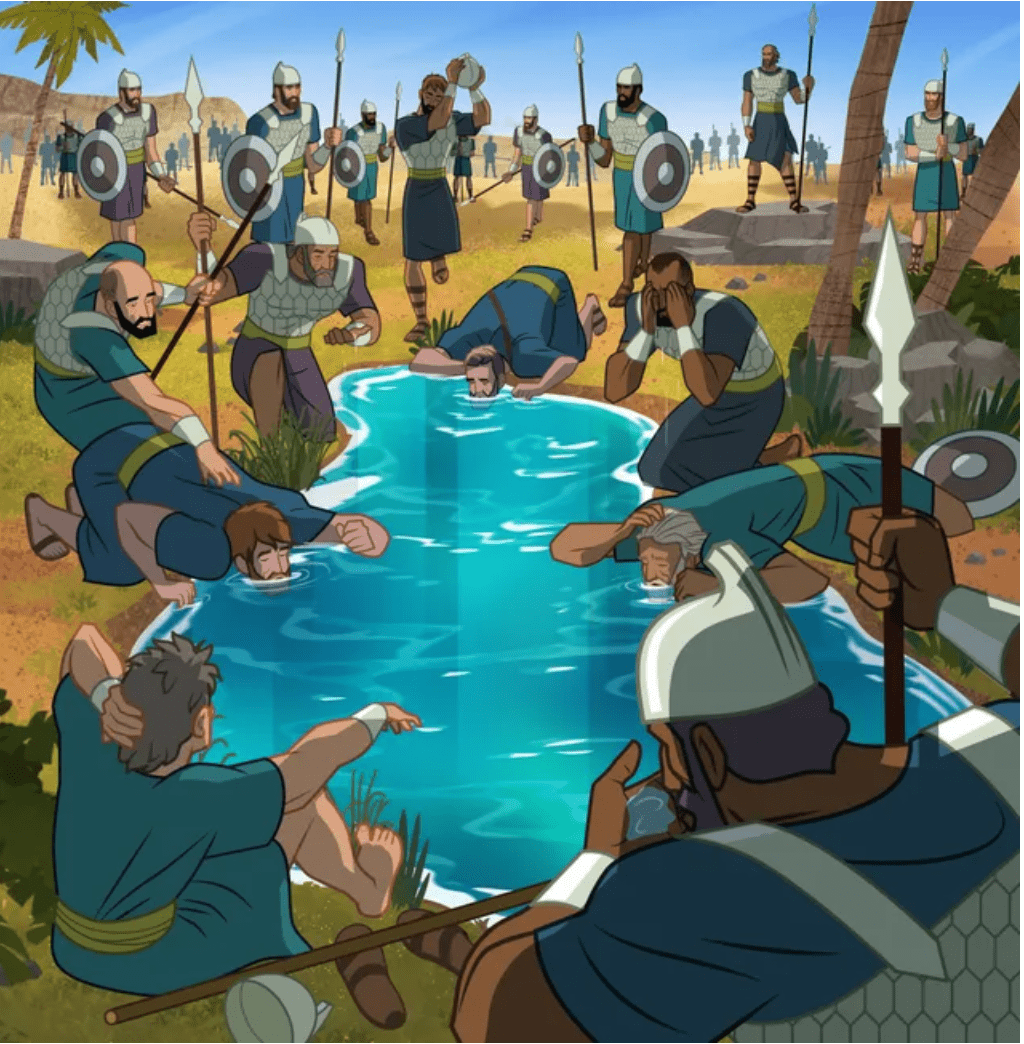
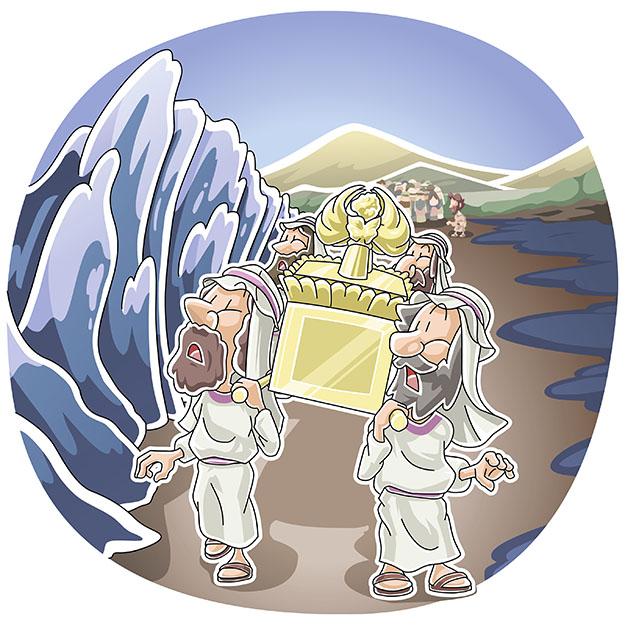
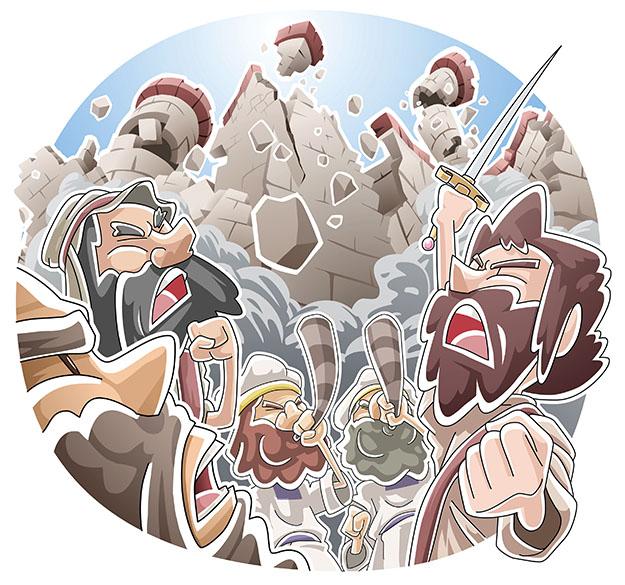
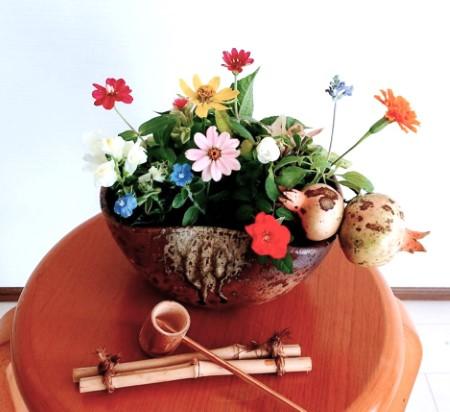
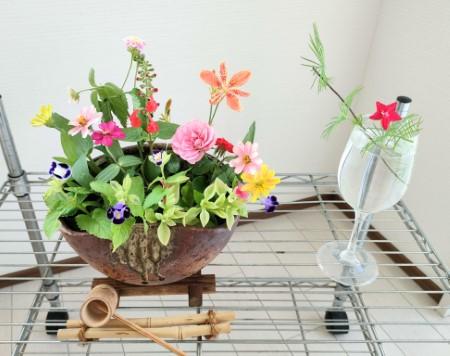


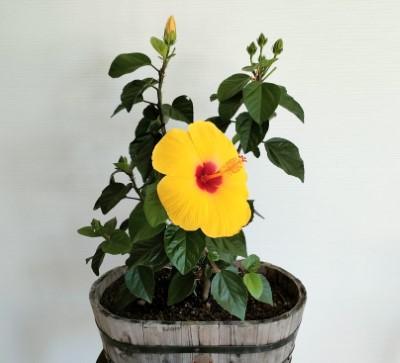




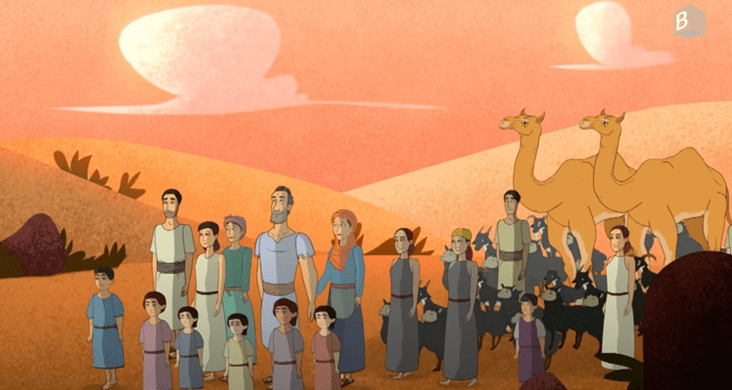
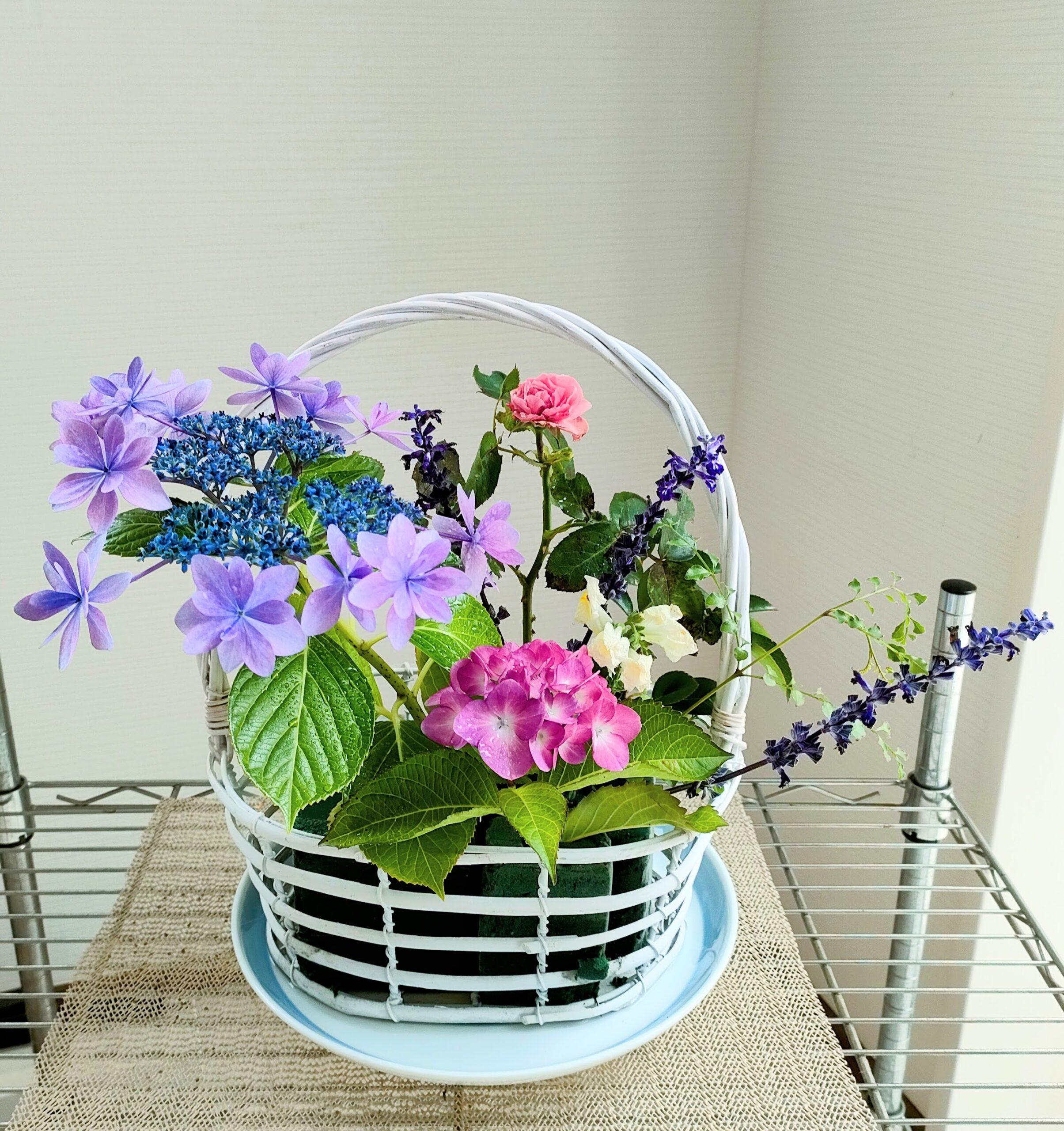







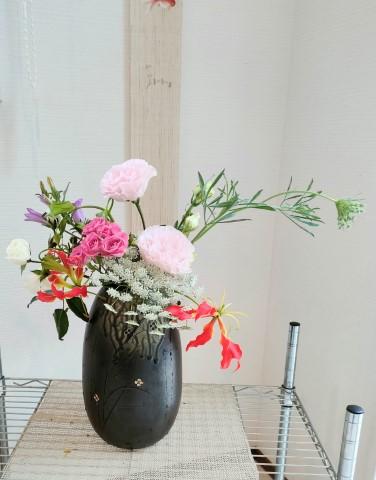




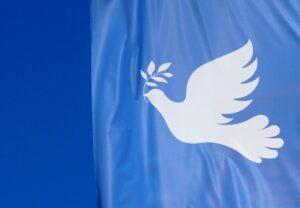






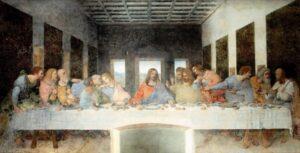
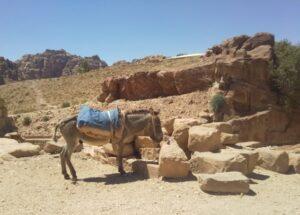










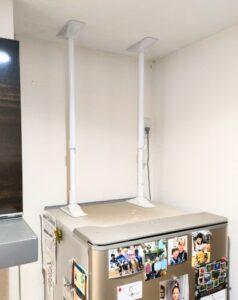













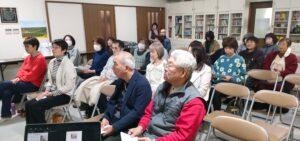
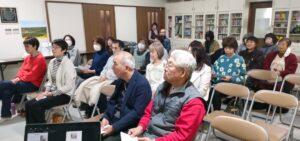
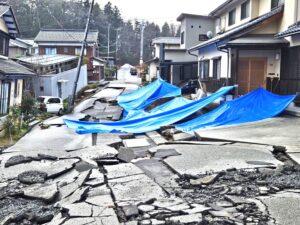
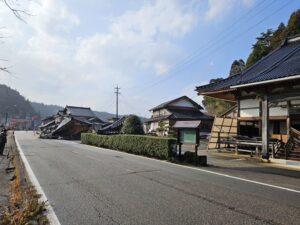
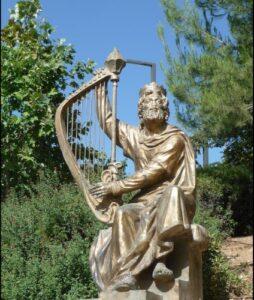

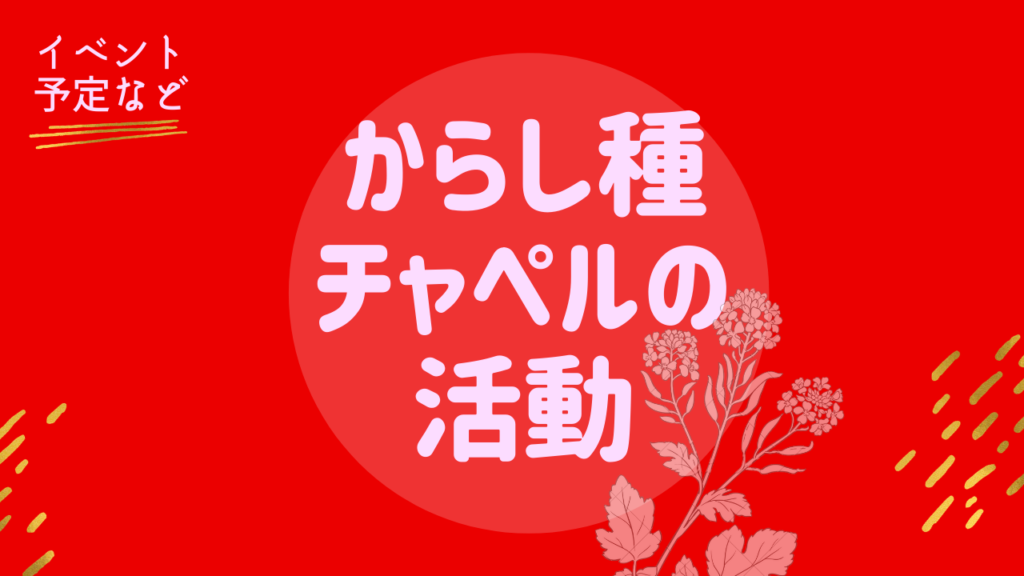 からし種チャペルの活動に関しては、ここからお入りください。皆様のご参加をお待ちしています。
からし種チャペルの活動に関しては、ここからお入りください。皆様のご参加をお待ちしています。